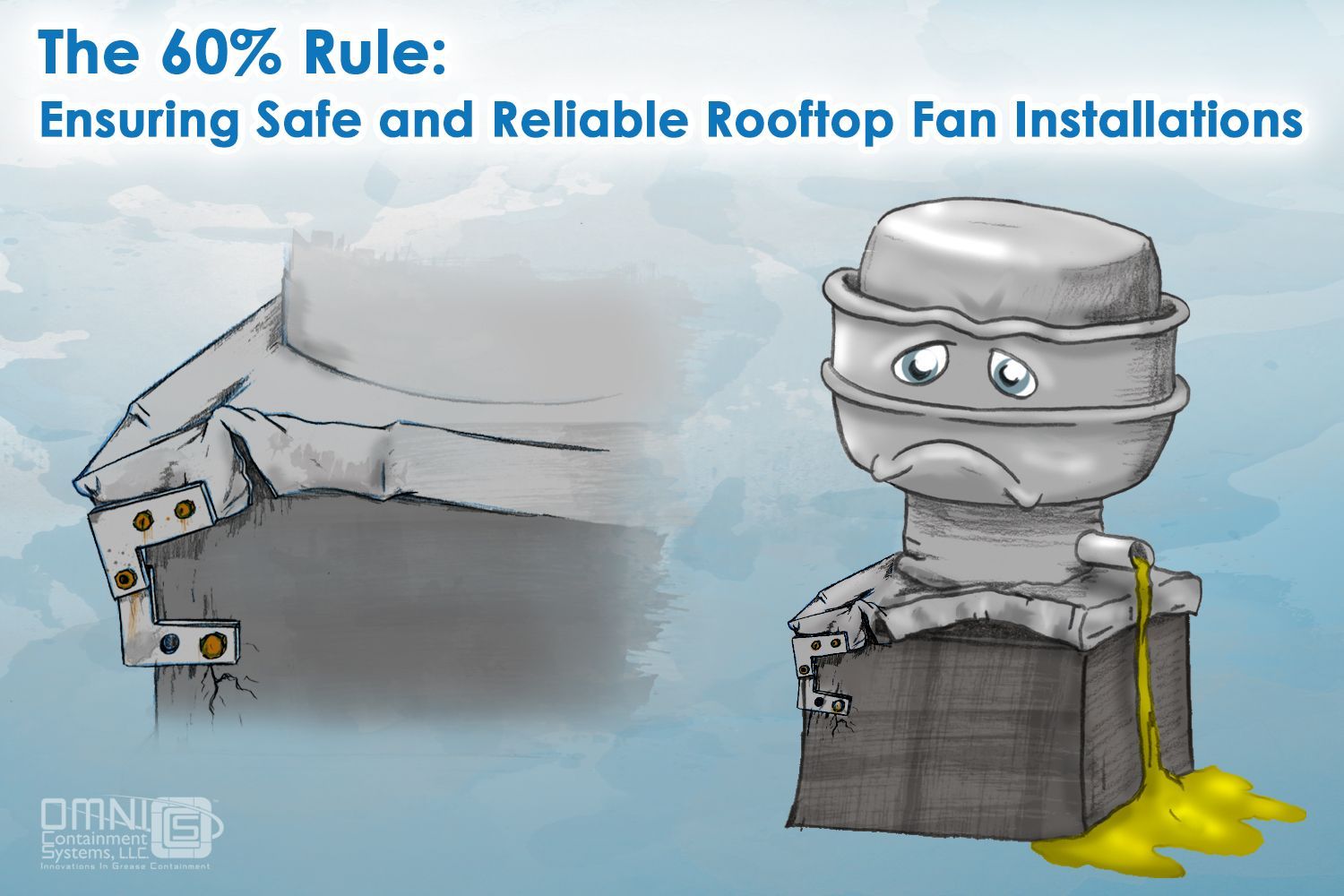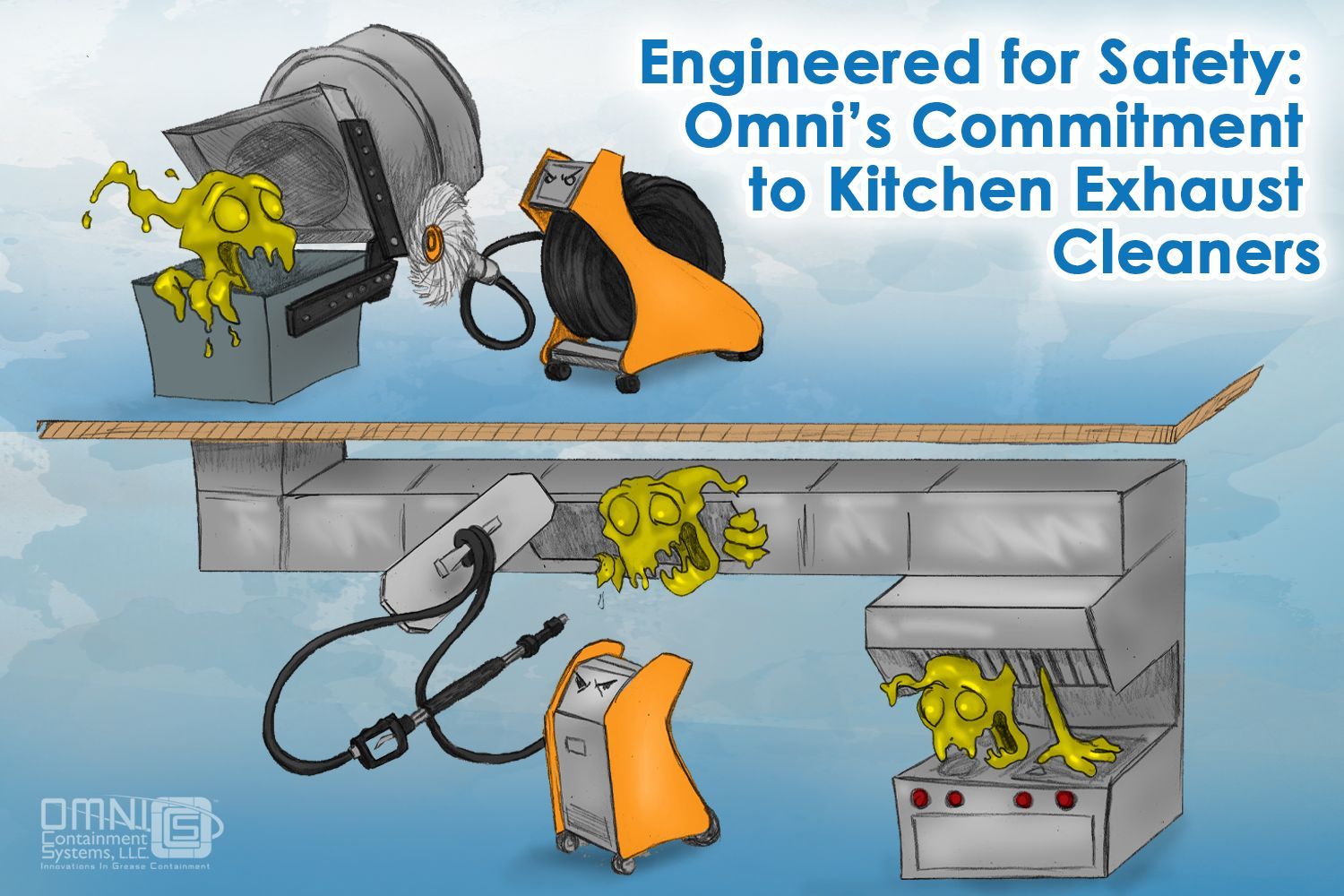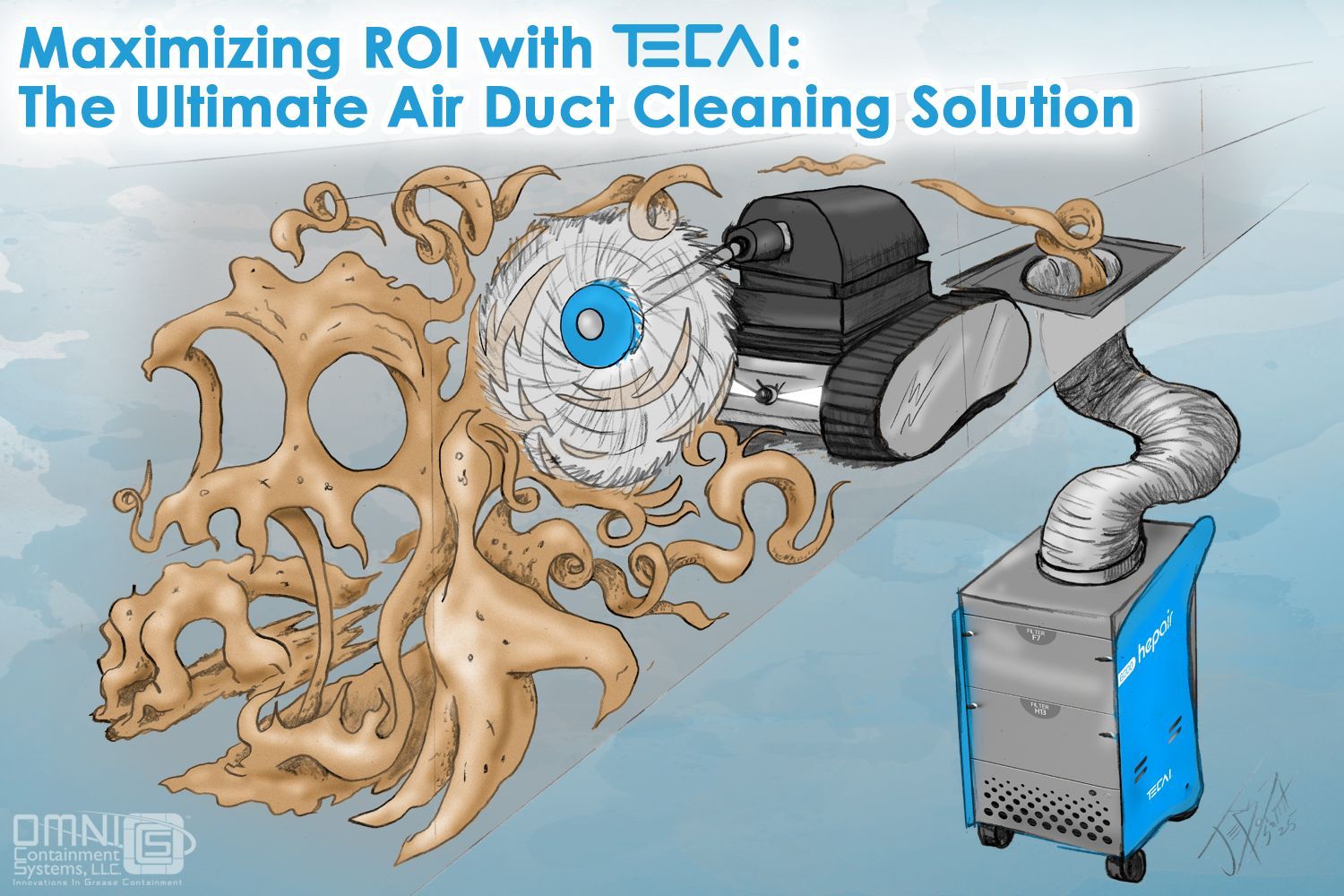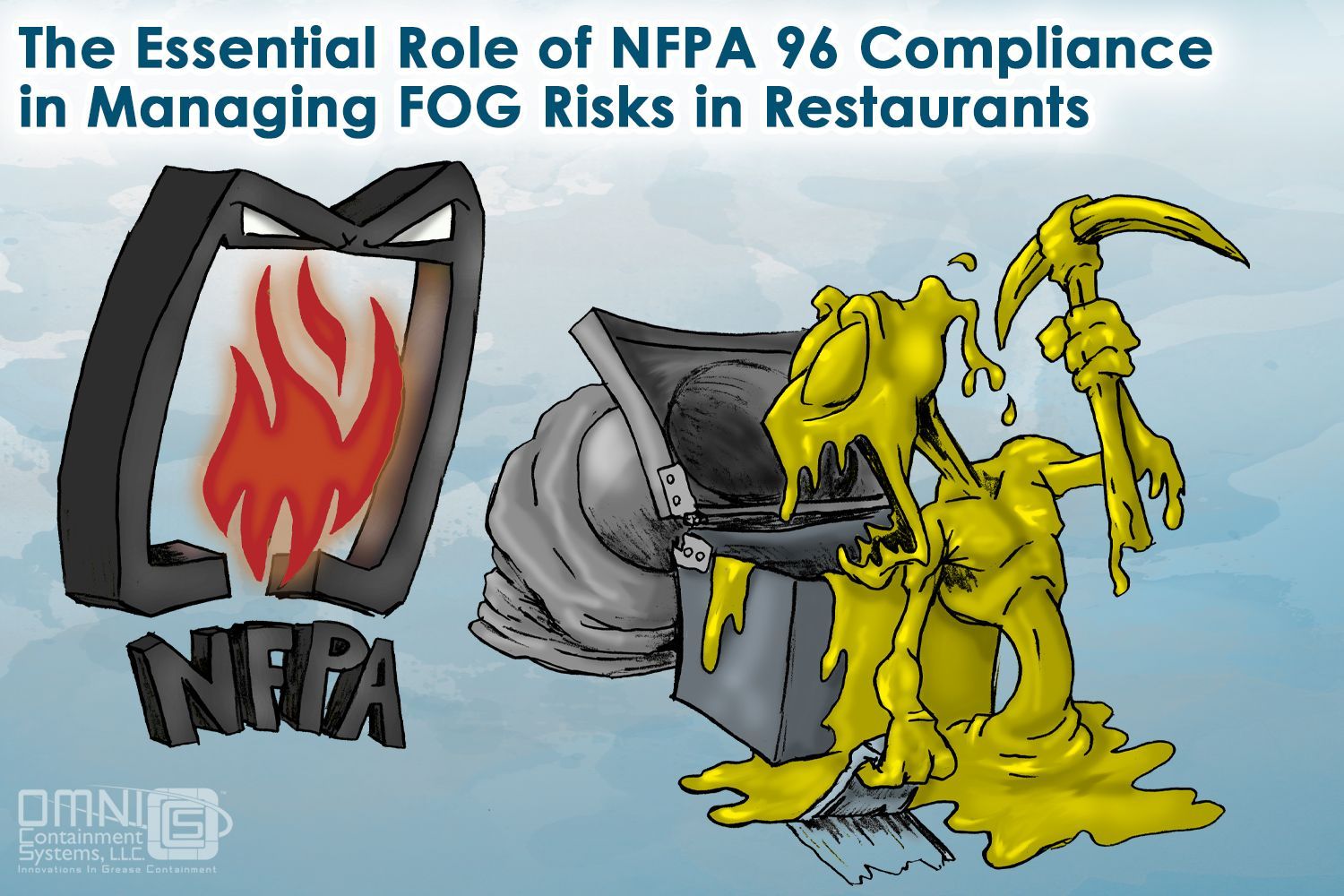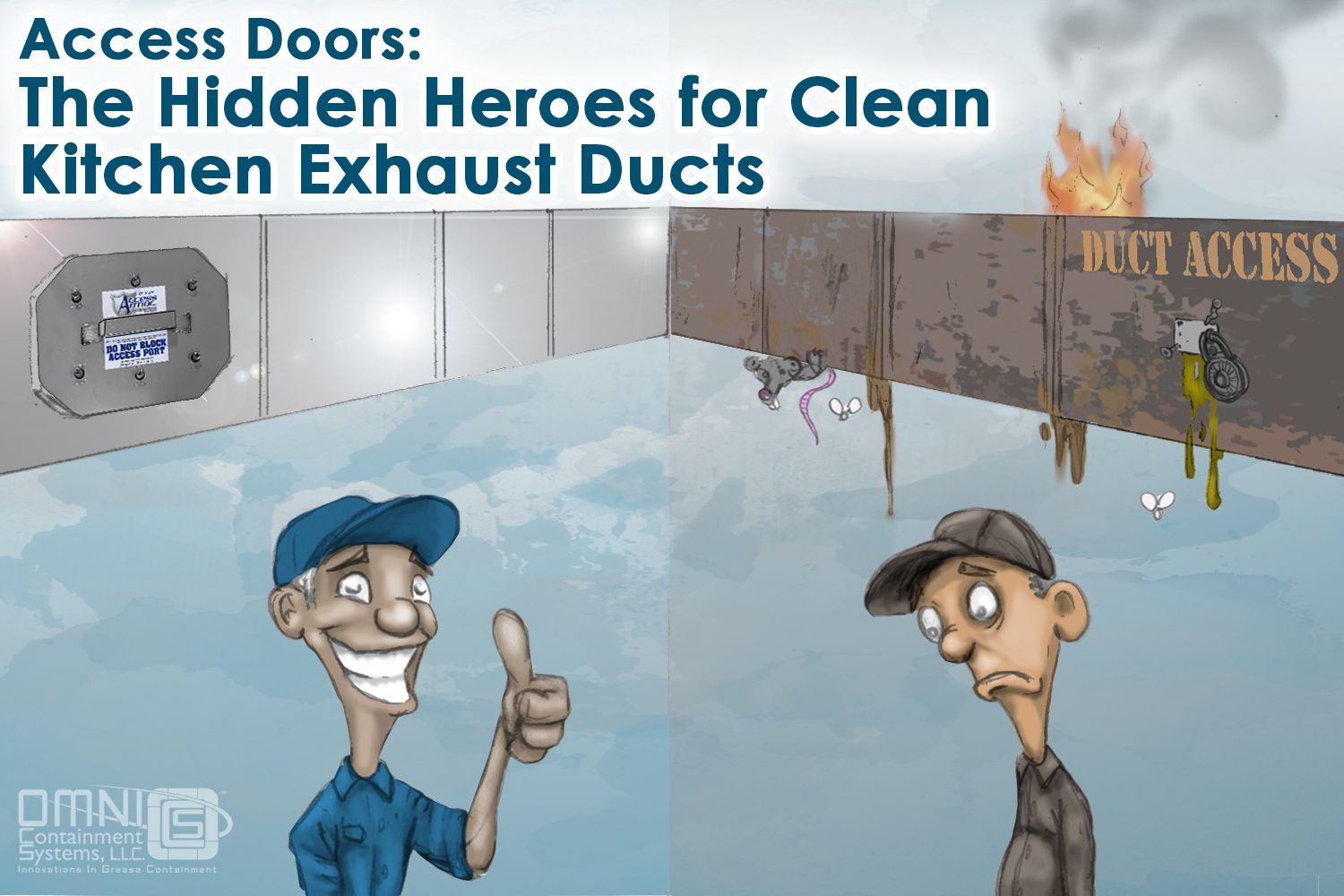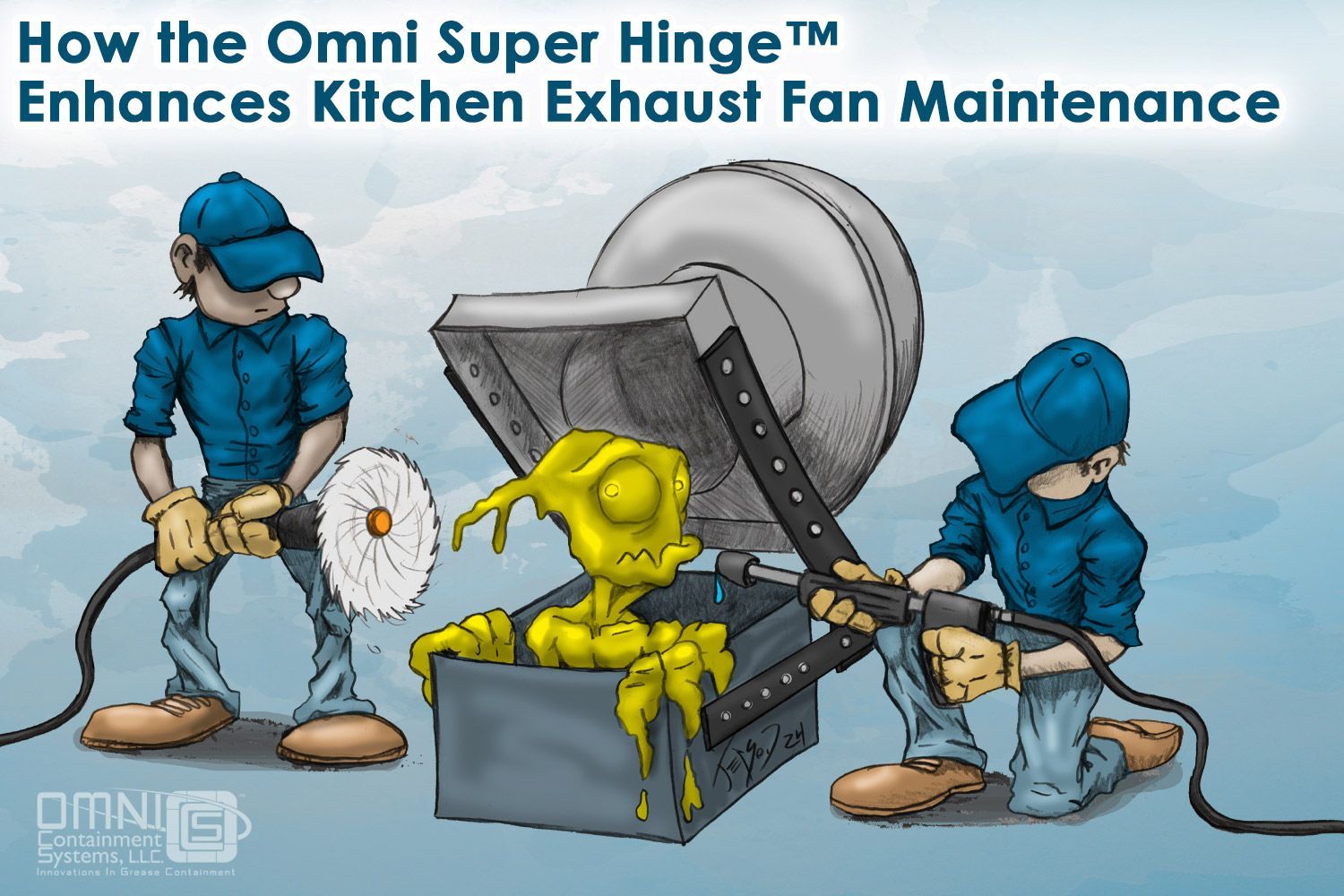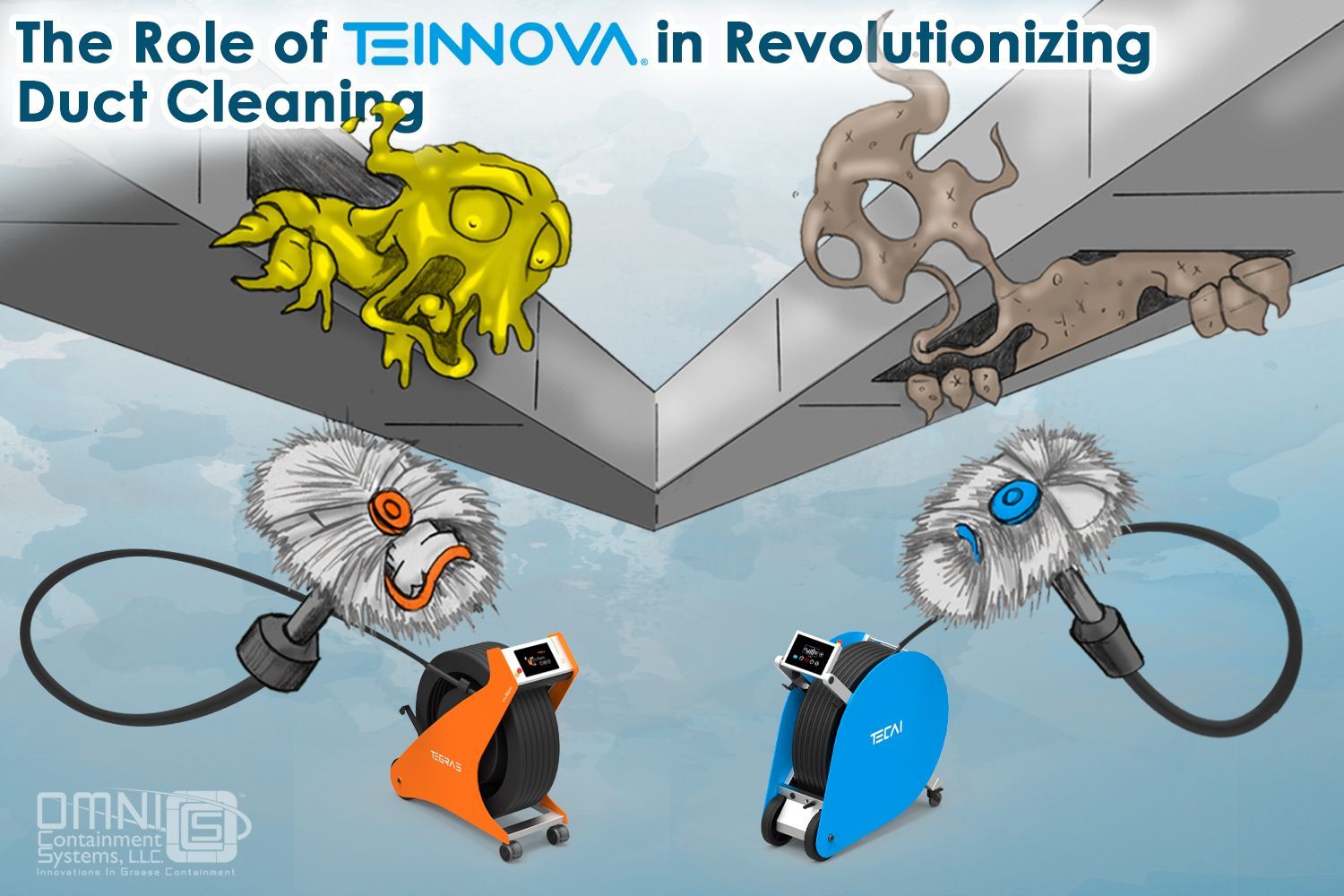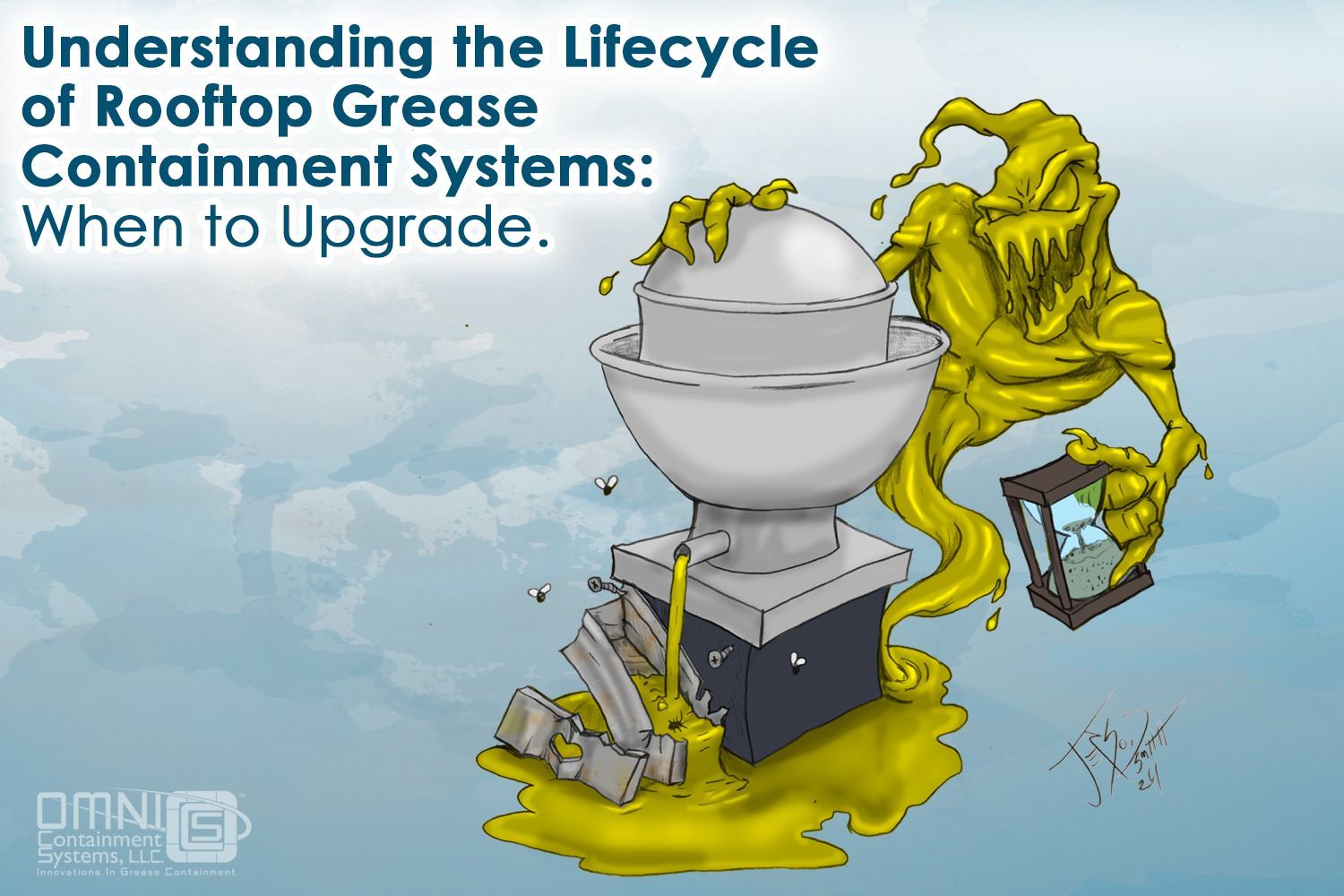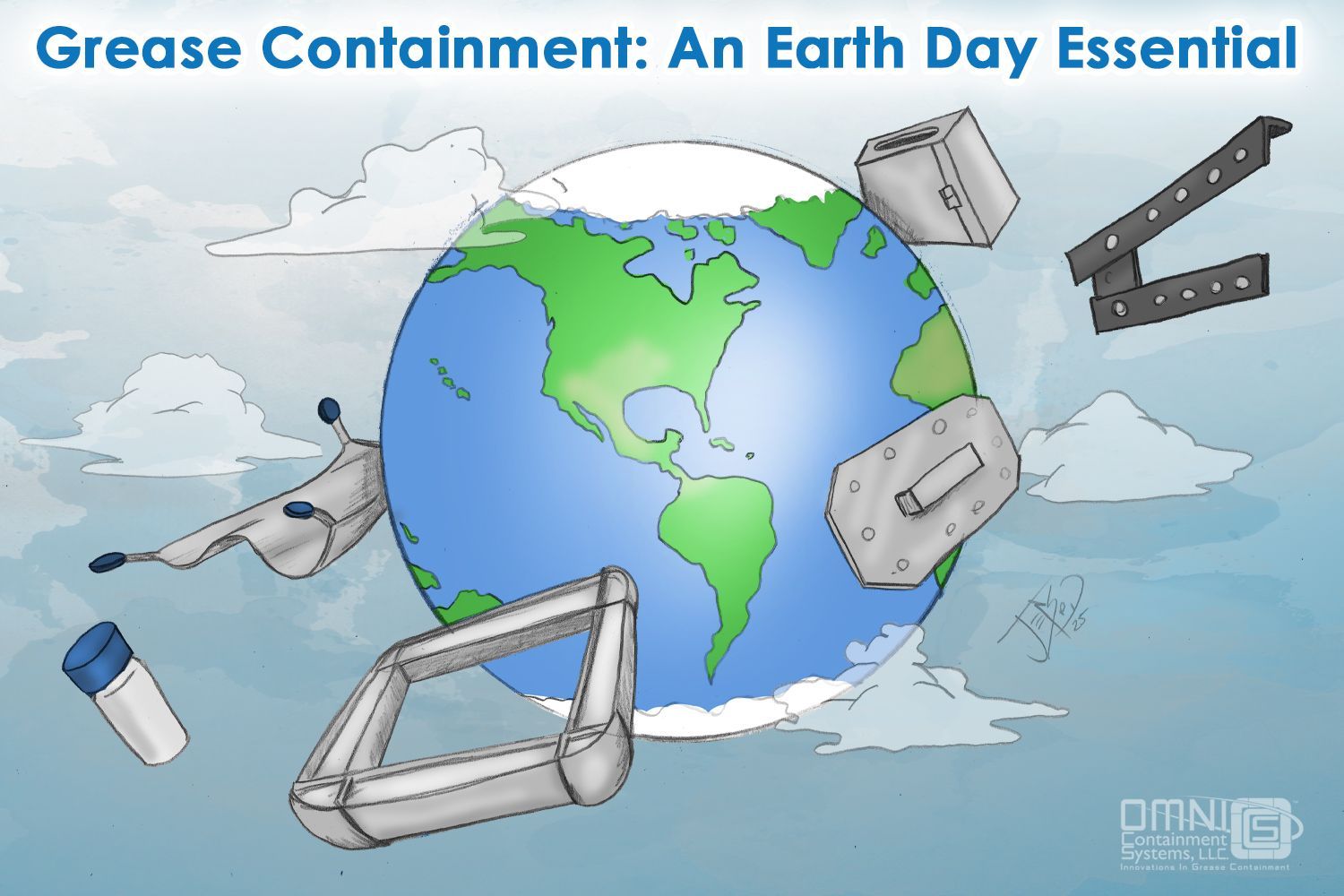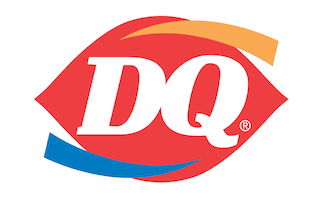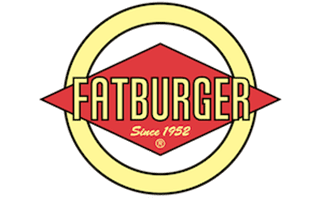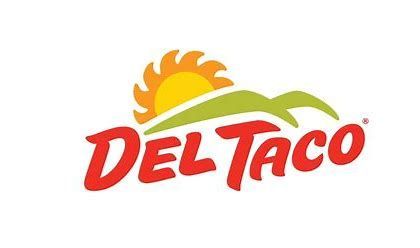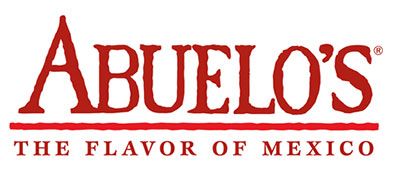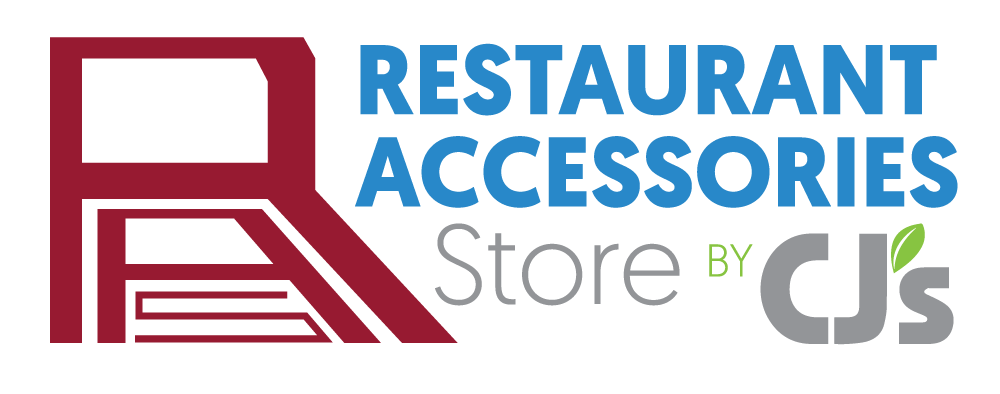by Admin
•
13 November 2024
Kitchen exhaust fans are essential in any commercial kitchen, working tirelessly to remove heat, smoke, and grease-laden air. However, their upkeep can be challenging due to the risks associated with accessing and cleaning exhaust fans mounted on rooftops. Omni Containment Systems has addressed this challenge with the Omni Super Hinge™—a game-changing solution that enhances kitchen exhaust fan maintenance by simplifying access, reducing strain, and increasing safety for maintenance teams. This blog will explore the importance of safe kitchen exhaust maintenance, how the Omni Super Hinge™ works, and why it has become a staple in the kitchen exhaust cleaning industry. The Importance of Regular Kitchen Exhaust Fan Maintenance Kitchen exhaust fans, over time, collect grease, oil, and other contaminants that not only reduce system efficiency but also create a significant fire hazard. According to the NFPA (National Fire Protection Association) guidelines, regular inspection and cleaning of kitchen exhaust fans are crucial to maintaining a safe and compliant kitchen environment. Proper maintenance ensures: Enhanced Safety : Grease buildup in exhaust fans and ducts is a major cause of fires in commercial kitchens. Compliance with Codes : Fire codes require routine cleaning of kitchen exhaust systems to maintain a safe working environment. Improved Efficiency : Clean fans operate more effectively, resulting in better airflow, reduced energy usage, and a longer lifespan for the equipment. However, traditional exhaust fan maintenance often requires removing heavy, greasy fans to gain access to the ductwork below, which can be dangerous, time-consuming, and labor-intensive. This is where the Omni Super Hinge™ comes in, designed to make maintenance safer, easier, and faster. What is the Omni Super Hinge™? The Omni Super Hinge™ is a heavy-duty hinge system designed specifically for kitchen exhaust fans. This durable hinge mounts onto the rooftop exhaust fan, allowing it to be easily and safely tilted back for access to the fan blades, ductwork, and grease containment systems. Made from high-quality materials that can withstand the harsh conditions on a rooftop, the Super Hinge™ has become an industry standard for kitchen exhaust fan maintenance. How the Omni Super Hinge™ Simplifies Maintenance The Omni Super Hinge™ is a straightforward yet highly effective solution that takes the hassle out of exhaust fan maintenance. Here’s how it enhances the process: 1. Easy Access to Exhaust Components The Omni Super Hinge™ allows maintenance teams to safely tilt the exhaust fan open, providing full access to the fan blades and ductwork below. This design eliminates the need to completely remove the fan, saving significant time and effort, while reducing the risk of injury from heavy lifting. Maintenance crews can now access the fan housing, inspect components, and clean grease buildup with minimal disruption to kitchen operations. 2. Enhanced Safety for Maintenance Teams Safety is paramount in any commercial kitchen, and maintenance of rooftop equipment is no exception. The Omni Super Hinge™ keeps the exhaust fan securely in place while tilted, preventing accidental drops or falls. By reducing the need to lift and handle the exhaust fan, the hinge minimizes the physical strain on technicians and lowers the risk of injury during maintenance. 3. Simplifies Compliance with NFPA 96 Standards NFPA 96 , the standard for fire safety in commercial kitchens, requires exhaust fans to be hinged or have equivalent access for cleaning and inspection. The Omni Super Hinge™ not only meets these requirements but exceeds them, providing a more secure, user-friendly option for kitchens aiming to maintain compliance with fire safety codes. 4. Reduced Maintenance Time and Labor Costs By simplifying access, the Omni Super Hinge™ significantly reduces the time and labor required to maintain kitchen exhaust fans. Technicians can open and close the fan housing quickly without the need for additional tools or equipment, resulting in faster maintenance procedures. This translates to lower labor costs and less downtime for kitchen operations, making the Omni Super Hinge™ a cost-effective choice for commercial kitchens of all sizes. 5. Compatible with Various Fan Models The Omni Super Hinge™ is designed to fit most commercial kitchen exhaust fans, making it a versatile addition for any kitchen setup. The hinge can be easily adjusted to suit different fan sizes and models, providing a custom fit for optimal safety and functionality. This compatibility ensures that regardless of the kitchen’s existing equipment, the Omni Super Hinge™ can provide the benefits of simplified maintenance and enhanced safety. How the Omni Super Hinge™ Increases Safety for Exhaust Fan Cleaning In addition to simplifying access, the Omni Super Hinge™ contributes to a safer maintenance process in several ways: Prevents Roof Damage : Without a hinge, maintenance teams often place heavy exhaust fans directly on the rooftop, which can cause significant damage over time. The Super Hinge™ prevents this by keeping the fan elevated and secured, reducing wear and tear on rooftop materials. Reduces Grease Spills : Tilting the fan with the Omni Super Hinge™ minimizes the likelihood of grease spilling onto the rooftop during maintenance. This is especially important for maintaining a clean, fire-safe environment. Protects Equipment from Harsh Elements : The Omni Super Hinge™ is built to withstand the outdoor elements, including rain, snow, and extreme temperatures. This durability ensures that the hinge continues to function optimally, providing reliable support and safety for years to come. Why Choose the Omni Super Hinge™ for Your Kitchen Exhaust System? The Omni Super Hinge™ stands out as a reliable, high-quality solution for commercial kitchens looking to enhance safety and efficiency in exhaust fan maintenance. Here are some reasons why kitchen managers and maintenance teams choose the Omni Super Hinge™ : Built to Last : Made from top-grade materials, the Omni Super Hinge™ is designed for durability, providing a long-lasting solution to kitchen exhaust maintenance challenges. Proven Performance : Trusted by industry professionals, the Omni Super Hinge™ has become a standard choice for exhaust fan maintenance in commercial kitchens nationwide. Cost-Effective Solution : By reducing maintenance time and labor costs, the Super Hinge™ quickly pays for itself, offering a high return on investment. Improved Safety and Compliance : Meeting NFPA 96 standards and providing robust safety features, the Omni Super Hinge™ is a responsible choice for kitchens focused on maintaining a safe environment. Conclusion The Omni Super Hinge™ is revolutionizing the way kitchen exhaust fans are maintained. By simplifying access, reducing maintenance time, and enhancing safety, this innovative hinge system is an invaluable asset for any commercial kitchen. With the Omni Super Hinge™, kitchens can meet safety regulations, reduce maintenance costs, and ensure that their exhaust systems operate efficiently and safely. If you’re ready to enhance your kitchen exhaust fan maintenance process, the Omni Super Hinge™ offers the perfect combination of safety, durability, and convenience. Contact Omni Containment Systems today to learn more about how the Super Hinge™ can benefit your kitchen and keep your operations running smoothly.

